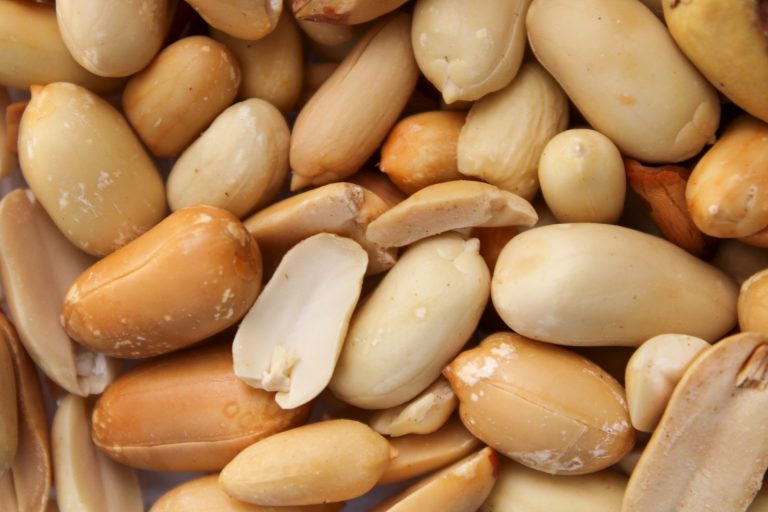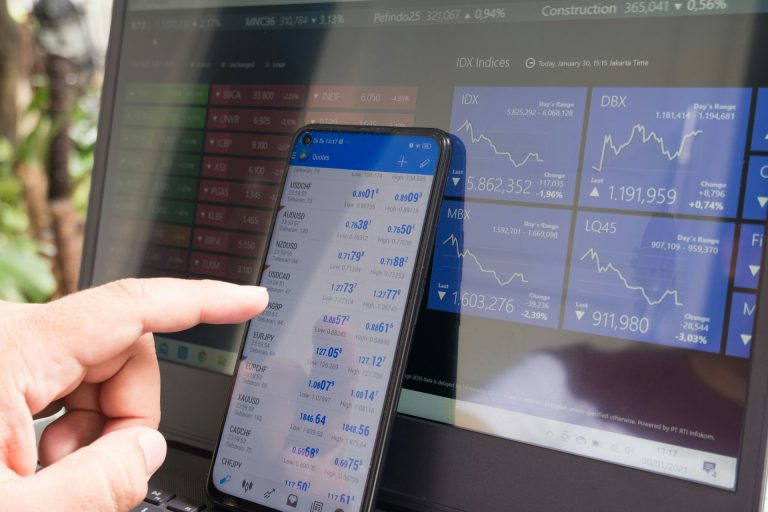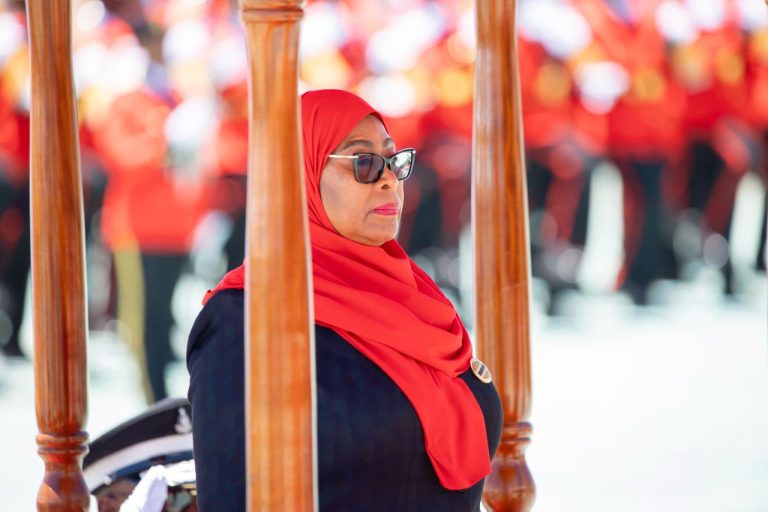- Private sector activity expanded for the ninth straight month in August
- Falling input costs and stronger demand boosted new orders and output
ABUJA, NIGERIA – Nigeria’s private sector recorded its ninth consecutive month of growth in August, as output surged and input costs eased, according to the latest Purchasing Managers Index (PMI) survey by Stanbic IBTC Bank.
The headline PMI rose slightly to 54.2 from 54.0 in July, indicating continued expansion. A reading above 50 signals growth, while below that level points to contraction.
The improvement comes as President Bola Tinubu’s administration targets 4.6% GDP growth this year, with policymakers balancing inflation control against growth ambitions.
Output expands, costs ease
Growth was driven by strong output across all sectors except manufacturing. Companies reported opening new branches and building inventories, encouraged by the sharpest rise in new orders in 19 months.
A decline in input costs — at their lowest since March 2023 — lifted business confidence. “The continued moderation of input and output prices still suggests that inflation is likely to remain soft in the near term, and may incentivise the MPC of the CBN to switch to an accommodative monetary policy by September from the current neutral stance,” said Muyiwa Oni, head of Equity Research West Africa at Stanbic IBTC Bank.
Balancing growth and inflation
The survey showed firms were increasingly optimistic about future output, helped by stronger consumer demand as inflationary pressures eased.
But some analysts warned that high interest rates remained a constraint on business expansion. “The ability of the private sector to do more business has been slowed down because of the MPR. The high interest rate environment is not encouraging at all, because with much money in your hand you can do more business,” said Aliyu Ilias, economist and executive director of Save the Consumers, a consumer protection group in Abuja.
“Even the government from their policy of increasing MPR, it is like they are sacrificing growth so as to reduce inflation. Meanwhile, they are supposed to manage the two so that, at least, business persons can survive,” he added.
With inflation receding after last year’s severe cost-of-living crisis, Nigeria’s private sector appears more resilient. Analysts say whether the central bank shifts towards lower rates will be critical in determining if momentum can be sustained through the rest of 2024.











